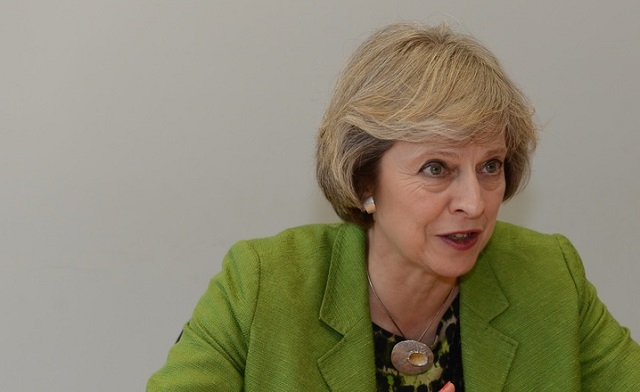
London, United Kingdom | AFP | Britain appointed a “minister for loneliness” on Wednesday to tackle what Prime Minister Theresa May described as “the sad reality of modern life” affecting millions of people.
Tracey Crouch, a junior minister for sport and civil society, will take on the role as part of a broader strategy to combat loneliness in Britain.
“For far too many people, loneliness is the sad reality of modern life,” May said.
“I want to confront this challenge for our society and for all of us to take action to address the loneliness endured by the elderly, by carers, by those who have lost loved ones — people who have no one to talk to or share their thoughts and experiences with,” the prime minister added.
More than nine million people say they are always or often lonely, out of a population of 65.6 million, according to the British Red Cross.
The charity describes loneliness and isolation as a “hidden epidemic” affecting people across all ages at various moments in their life, such as retirement, bereavement or separation.
The ministerial appointment follows a recommendation from a committee in memory of Jo Cox, a lawmaker for the opposition Labour party who was murdered by a far-right extremist.
“Jo experienced and witnessed loneliness throughout her life especially as a new student at Cambridge University and separated from her sister Kim for (the) first time,” the Jo Cox Foundation wrote on Twitter.
“She would be delighted by Tracey Crouch’s new job as minister for loneliness and would be saying ‘let’s get to work!'” the Foundation added.
The prime minister was to host a reception on Wednesday to celebrate the legacy left by Cox, whose killing just days ahead of the 2016 Brexit referendum shocked the nation.
Britain’s loneliness initiative will see a strategy published later this year, with input from national and local government, public services, the voluntary sector and businesses.
 The Independent Uganda: You get the Truth we Pay the Price
The Independent Uganda: You get the Truth we Pay the Price



